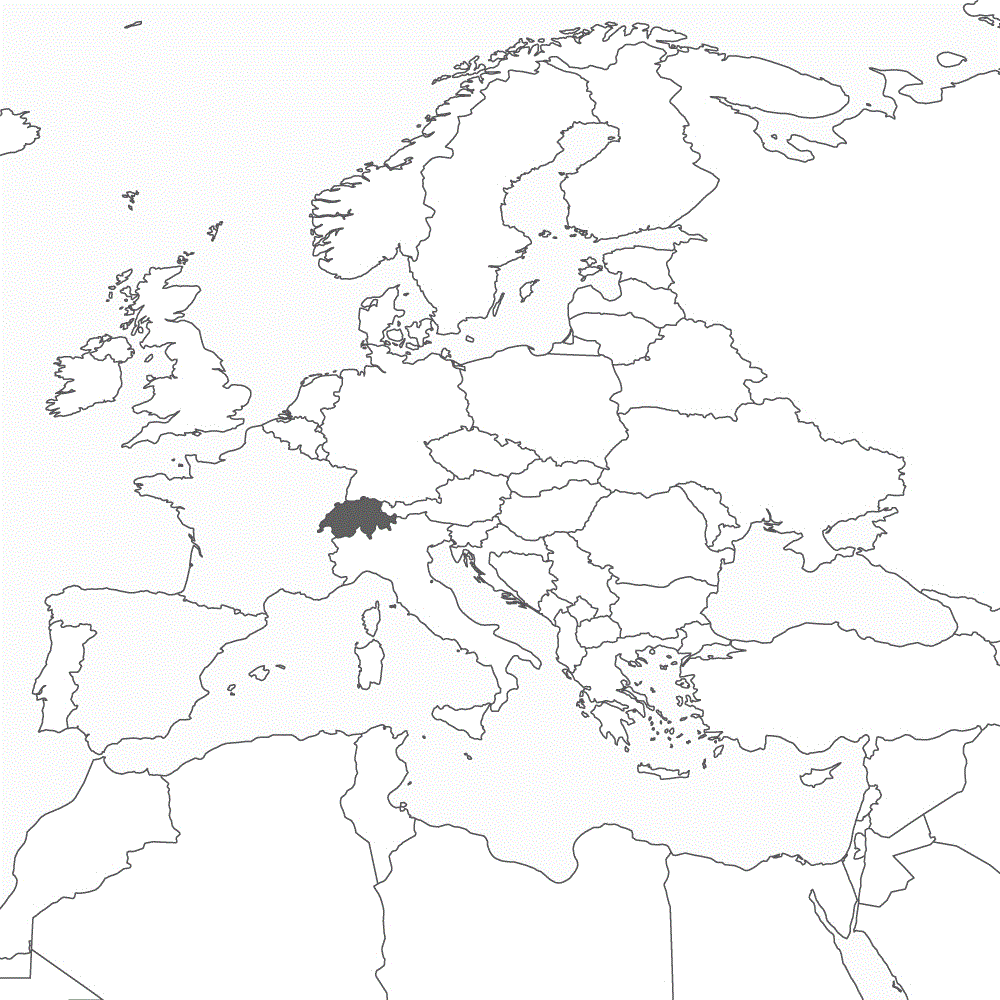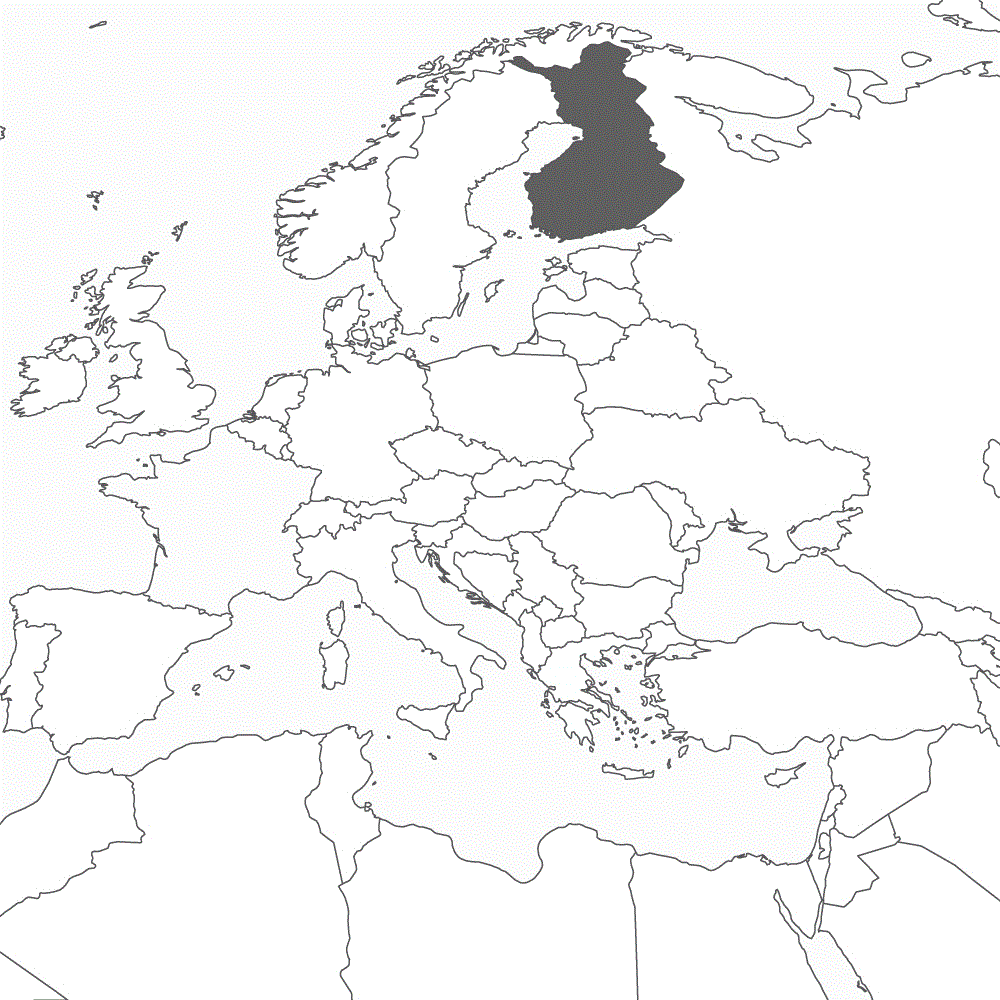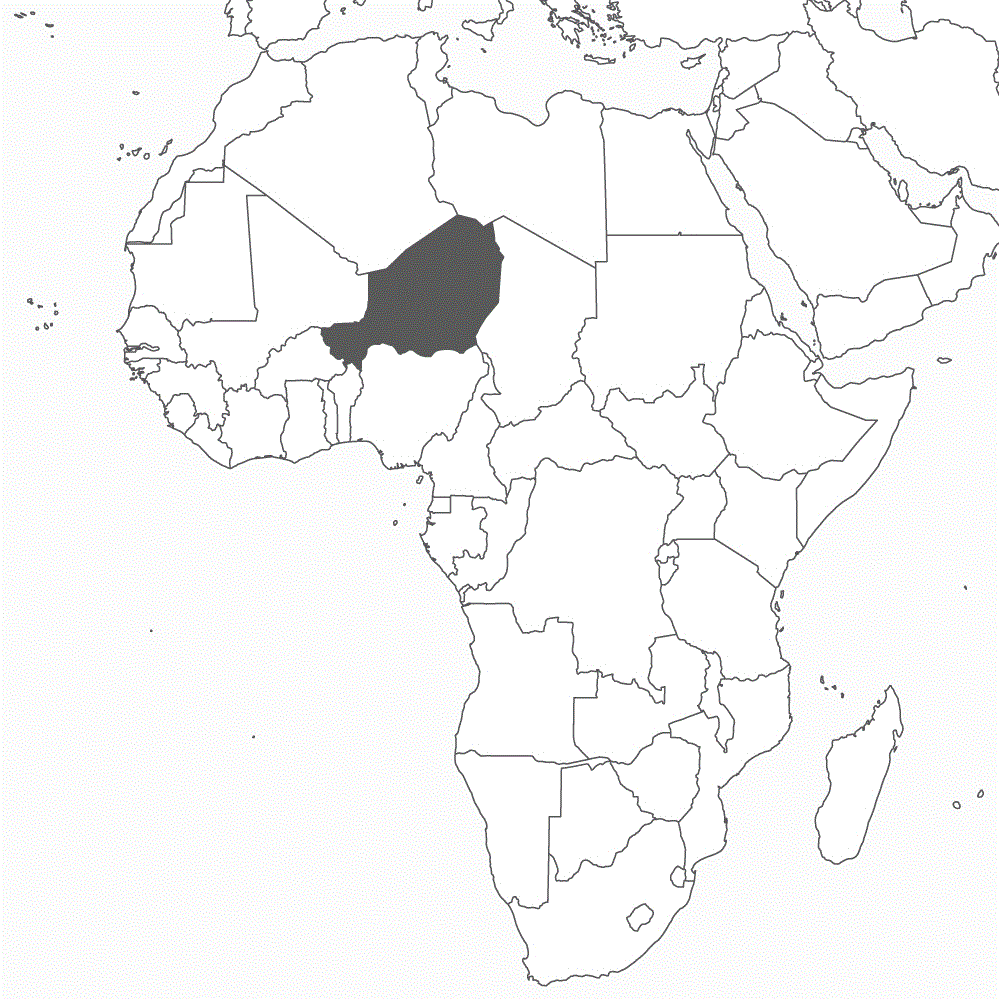The End of War Fatigue
Support for arms build-up has increased massively among Green Party voters. Party sympathizers are particularly affluent, less affected by the backlash from sanctions.
BERLIN (Own report) – With bellicose demands such as an end to “war fatigue,” German Foreign Minister Annalena Baerbock can hope for higher-than-average approval among the Green voters, according to recent opinion polls on the questions of arms-buildup and arms deliveries to Ukraine taken among the party’s supporters. The opinion that one must “be prepared to defend one’s country and freedom by any means necessary,” is expressed more decisively among supporters of the Green Party than among supporters of all other parties. Greens are also far ahead in endorsing deliveries of heavy weaponry. The explanation for this phenomenon can be found in the development of the party itself, whose founding generation has long since made its way from the 1980s social movements up into well-paid and secure professional positions. The proportion of civil servants and those holding public service positions is greater and of low-income workers smaller among the Greens, than in all other parties. Thus, Greens are individually least affected by the negative backlash sanctions have on their own country’s supplies and the economy. Read more
The Next Sanctions Conflict
With their calls for new sanctions on China, German politicians sabotage UN High Commissioner for Human Rights Michelle Bachelet’s negotiations and jeopardize German industry.
BERLIN/BEIJING (Own report) – A major German business association explicitly warns against imposing new sanctions on China. Whoever calls for such sanctions, must be aware of the Chinese market’s tremendous importance for German industry, the President of the Federation of German Industry (BDI), Siegfried Russwurm, declared. Escalating the economic war against the People’s Republic could inflict additional serious damage on Germany’s economy, which – directly or indirectly – has already been severely affected by sanctions on Russia. German politicians and media are currently calling for new sanctions – in reaction to the recent publication of documents alleging human rights violations in the China’s Xinjiang region. In addition, for the first time, the German government has taken steps to complicate new investments in China, by refusing the previously standard support measures. The debate on new sanctions was launched as UN High Commissioner for Human Rights, Michelle Bachelet, had achieved initial positive results in negotiations with the People’s Republic of China. Read more
The African Union’s Travel Mandate
On his trip to Africa, Chancellor Scholz advocates the renunciation of cooperation with Russia – to no avail: Senegal’s president will fly to Moscow for talks.
BERLIN/DAKAR/PRETORIA (Own report) – On his first trip to Africa in office, Chancellor Olaf Scholz, is seeking to turn two influential African states against Russia. Senegal, where Scholz held talks on Sunday and South Africa, where he visits today have so far strictly refused, along with other countries on the continent, to support the western countries in their power struggle with Russia – for example, by adopting their sanctions. Public appeals by European ambassadors and high-ranking US government policymakers, such as Victoria Nuland, have so far been as ineffective, as threats of reducing development aid to those countries, refusing to renounce Russia. Scholz is now attempting to use the carrot, rather than the stick, and is promoting solidarity among “democrats.” South Africa is considered the most important regional power, Senegal is currently presiding over the African Union (AU). Senegal’s President Macky Sall announced on Sunday, in Scholz’ presence, that he will soon travel to Moscow for negotiations. Read more
NATO or Neutrality
As Finland and Sweden are about to join NATO, Switzerland draws closer to the military pact, buys expensive F-35 fighter jets and seeks new forms of cooperation.
BERN/BRUSSELS (Own report) – As Finland and Sweden are about to join NATO, Switzerland is preparing to draw closer to the western military pact. Switzerland is seeking “new forms of cooperation” with NATO, Defense Minister Viola Amherd declared. This would be possible despite the country’s official neutrality. Concrete proposals for expanding the cooperation will be submitted in September. Notwithstanding its neutrality, Switzerland has been cooperating with NATO since the 1950s, mainly informally, at first, and formally only after joining the Western alliance’s Partnership for Peace program in 1996. “Common tactics, techniques and procedures for missions” have long been established, as was noted on the occasion of the participation of a Swiss fighter squadron in a current air force exercise of NATO member countries. The purchase of F-35 fighter jets, decided by Bern in the summer 2021 – which is being met with protests – also serves to draw the country closer to NATO. The Ukraine war facilitates legitimizing the rapprochement to NATO. Read more
“Arctic Dominance”
NATO membership for Finland and Sweden galvanizes the militarization of the Arctic – also regarding Russia’s Northern Fleet, which ensures that country’s nuclear second-strike capability.
HELSINKI/STOCKHOLM/MOSCOW (Own report) – The imminent NATO membership for Finland and Sweden galvanizes the militarization of the Arctic, with participation of the German Bundeswehr. This is becoming evident by NATO maneuvers in Europe’s High North, which, for years, have regularly been conducted relatively close to Russia’s Northern Fleet bases on the Kola Peninsula. These bases host particularly submarines equipped with ballistic missiles, largely ensuring Russian naval forces’ nuclear second-strike capability. Moscow protects them with a military bastion concept designed to prevent hostile forces any access to the region. By admitting Finland and Sweden, NATO is also reinforcing its strategic position in the proximity of the Kola Peninsula. Russia is reacting with new armament measures. Helsinki and Stockholm plan to present their applications for NATO membership with their respective parliaments votes of approval, expected today, Monday, or tomorrow following this weekend’s final set of decisions. Read more
The Hub of War – Rhineland-Palatinate
The training of Ukrainian troops has begun in Rhineland-Palatinate. That German state is considered the hub for US wars in the Middle East and for NATO operations targeting Russia.
RAMSTEIN/IDAR-OBERSTEIN (Own report) – The training of Ukrainian soldiers on the Self-Propelled Howitzer-2000 has begun in Germany. As was reported, the first Ukrainian soldiers already arrived in Germany on Tuesday. Yesterday, they began their training program at the Bundeswehr’s artillery school in Idar-Oberstein (Rhineland-Palatinate). Since some time, that German state has developed into the hub for military support for Ukraine – with deliveries of combat equipment to Poland via the US airbase Ramstein. NATO’s Air Allied Command, which directs alliance aerial operations in eastern and southeastern Europe, is also headquartered at the airbase. These operations include air patrol missions of also German combat jets in the Baltics and at the Black Sea. According to the Minister of the Interior of Rhineland-Palatinate, Roger Lewintz (SPD), that state, which shelters also various other US bases, will receive an “enormous boost in significance,” as the hub, no longer for US wars in the Arab world, but for NATO’s operations against Russia. Read more
The Last Stronghold in the War Zone
Berlin reorganizes the Bundeswehr’s assignment in the Sahel and prepares partial troop redeployment to Niger. Local protests against foreign miliary operations are increasing.
NIAMEY/PARIS/BERLIN (Own report) – The German Bundeswehr is preparing a partial troop withdrawal from Mali and a possible redeployment to Niger. Prior to today’s parliamentary debate on the continuation of the Sahel mission, it was reported that the German armed forces will terminate their European Union Training Mission (EUTM) participation in Mali. However, at the same time, there are plans to increase the German contingent in the UN Multidimensional Integrated Stabilization Mission in Mali (MINUSMA) from 1,100 to 1,400 soldiers. The German government is also considering new measures in neighboring Niger. For years, Germany had supported Niger’s repressive and armed forces – initially to ward off refugees and now also to train Niger’s special forces. The Bundeswehr could possibly consolidate its activities in the framework of a “training mission Sahel,” according to German Defense Minister Christine Lambrecht. Whereas Mali and, increasingly also Burkina Faso, turn their backs on the West and lean toward Russia, Niger is considered the last pro-western stronghold within the actual Sahel war zone. But protests are also increasing there. Read more
Ukrainian Roulette
Germany runs the risk of formally becoming a party to the war by training Ukrainian soldiers. British military warn that Russian attacks on NATO airfields could be seen as “legitimate.”
BERLIN/KIEV (Own report) – Germany will supply howitzers to Ukraine, instruct Ukrainian soldiers in their use and thus become a party to the war in Ukraine, not only de facto, but also de jure. This was the conclusion pronounced in reports on the supply of seven Bundeswehr self-propelled howitzer-2000s and an expertise by the Reference and Research Service of the German Bundestag. According to the expertise, Germany would leave the secure realm of non-belligerence,” as soon as it not only delivers arms, but also instructs soldiers in their use. If Germany becomes a party to the war under international law, Russian attacks on German targets are possible. Such apprehensions have already been discussed in Great Britain. According to officials, under certain circumstances, airfields from which arms transports are leaving to Ukraine could become legitimate targets for Russian counterattacks. In addition, the possibility of deploying their own troops to Ukraine is already in discussion in the United States. Since some time, political experts have been trying to dispel fears of a world war. Read more
EU: Playing Poker with Natural Gas (II)
The prospect of an imminent suspension of Russian deliveries to the EU is growing. Industry representatives draw up contingency plans and demand that private consumption be first reduced.
MOSCOW/BERLIN (Own report) – The prospect of an imminent suspension of EU gas imports from Russia has significantly grown prior to today's EU energy ministers’ meeting, because of Brussels' announcement that it will not accept the latest payment proposal. It stipulates that payment of supplied gas will only be considered as concluded, once the euros paid for the price of the purchase have been exchanged into rubles. This should ensure that Russia is not left holding euro or US dollar deposits that it cannot use due to the sanctions. The EU refuses to accept this because the Russian Central Bank – itself under EU sanctions – would be involved in the exchange process. According to a new study, Germany would have to reduce gas consumption by one-fifth, if Russian supplies were suspended – even under favorable conditions. In addition, Germany's gas traders are obliged to pay billions for years even if they do not accept the gas. Industry representatives demand that reductions not first be made by the industry but by private consumers. Read more
GERMAN-FOREIGN-POLICY.com
Information on German Foreign Policy: News + Interviews + Analyses + Background







